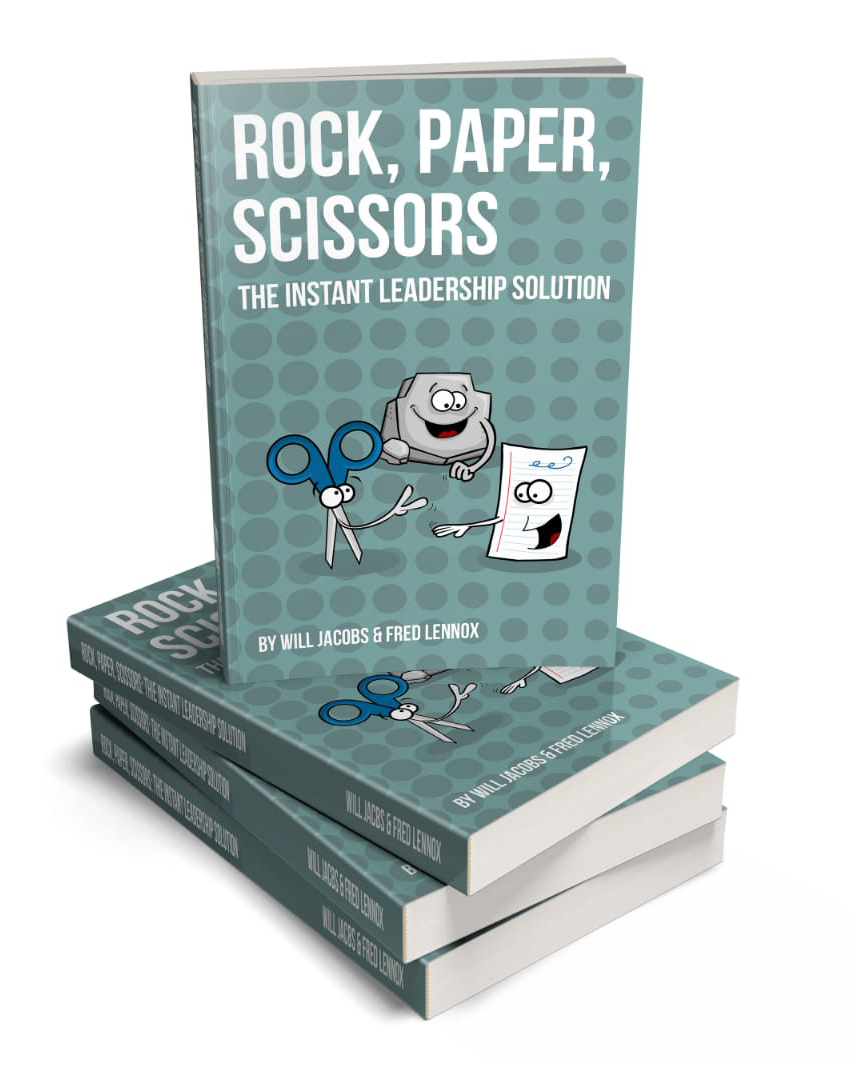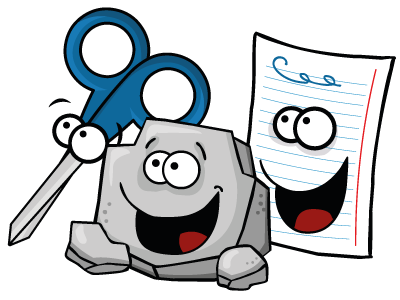
How mindfulness can help you be experimental
Building upon my discussion on how to create a leadership umbrella, in which I was reviewing Dan Cable’s HBR article entitled Why People Lose Motivation — and What Managers Can Do to Help. Specifically, I was discussing how a leadership umbrella can create a “safe zone” for your team to nurture Self Expression, Experimentation and Purpose. In last week’s article I discussed purpose; for this week I will focus on experimentation.
Experimentation is a state of mind and something I find needs full focus in order to accomplish well. Moreover, my innate attention to structured problem solving sometimes gets in the way of me developing innovate solutions. Have you ever felt, as I often do, that everything gets in the way of making room to experiment? If so, I would love to hear your experiences and perspective. Please comment below.
Looking around the internet, I discovered that I am (or we are) in fact not alone. According to Beth Rieken, Shauna Shapiro, Shannon Gilmartin, and Sheri D. Sheppard in their article entitled How Mindfulness Can Help Engineers Solve Problems, many engineers struggle with embracing their artistry and inventive side. For example:
“creativity and innovation skills are not emphasized in many traditional engineering courses. So engineers enter the workforce with important analysis skills, but may struggle to ‘think outside the box’ when it comes to creative problem-solving.”
To solve for these underdeveloped skills, the authors suggest that “mindfulness can help engineers strengthen their ability to generate new ideas, leading to new ways of thinking and better solutions” because it opens up space for “divergent thinking”, or being open to explore a problem for many different points of view.
This idea aligns well with the “safe zone” concept shared in my article on the leadership umbrella. Surely, being in an environment that is free from distractions and having the support of your leader enables divergent thinking. The authors refer to this as “being present in the moment and [further] suggests to relax and reach a mode of acceptance” and further suggest that these traits are core to mindfulness. What does it mean to be mindful? Let’s explore this a bit together.
According to Mindfulness.org, Mindfulness is “the basic human ability to be fully present, aware of where we are and what we’re doing, and not overly reactive or overwhelmed by what’s going on around us”.
Rieken, Shapiro, Gilmartin, and Sheppard suggest engineers can leverage mindfulness to solve problems.
“Having an open and curious attitude is referred to as ‘beginner’s mind’ — the capacity to bring fresh eyes to a problem and engage in new perspectives for how to solve it. By remaining open to experiences, we are more likely to make connections between seemingly unrelated concepts, which is crucial to generating original ideas. Having a kind attitude is an aspect of self-compassion, which protects against harsh self-criticism and a fear of failure, inspiring people to take risks and explore uncharted territory, leading to novel solutions.”
What is your perspective? Can mindfulness help us engineers to think out of the box as we experiment? Share below!
If you are interested in joining the conversation, please follow us on our LinkedIn Business Page or at RPS.Academy.
Latest Blogs
Our teams are ready to adapt, are we?
How RPS can Enhance Emotional Intelligence
Help, I need somebody
Staying Connected
Finding Joy




